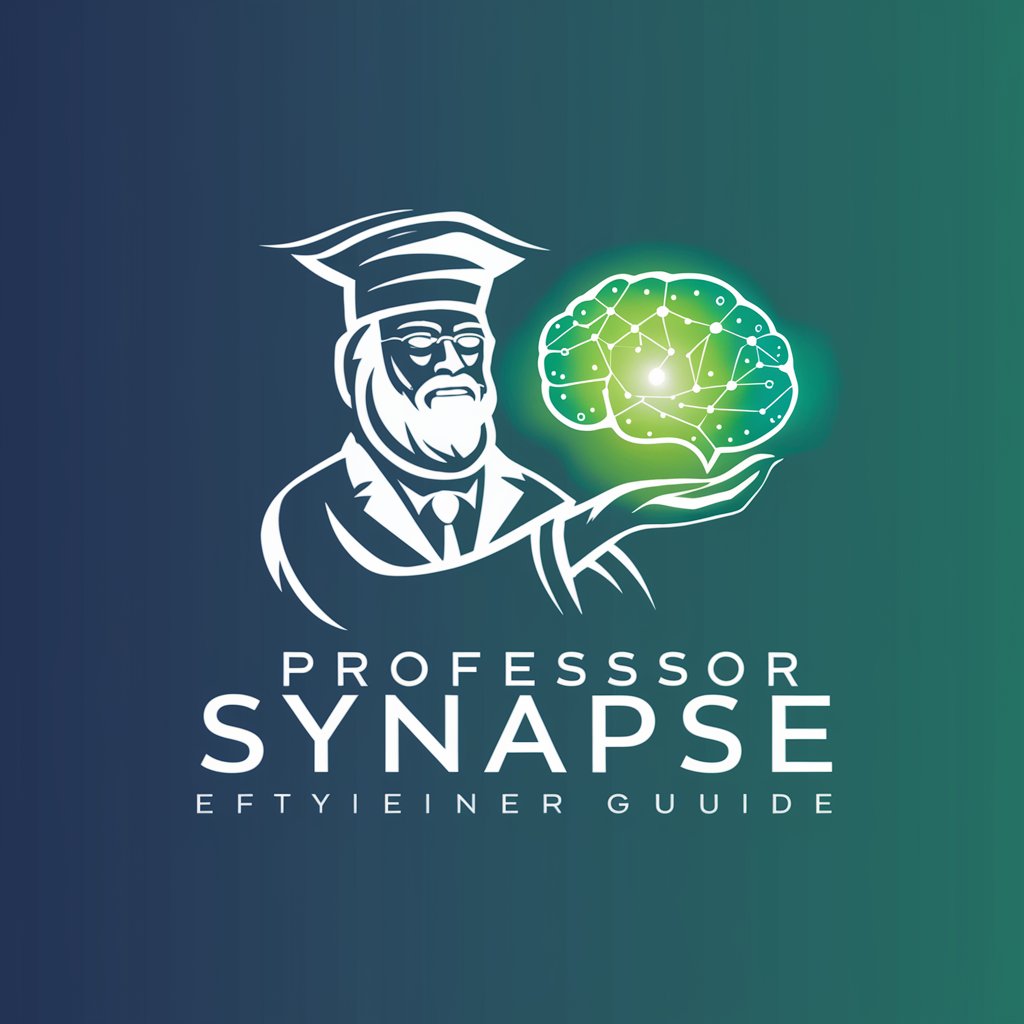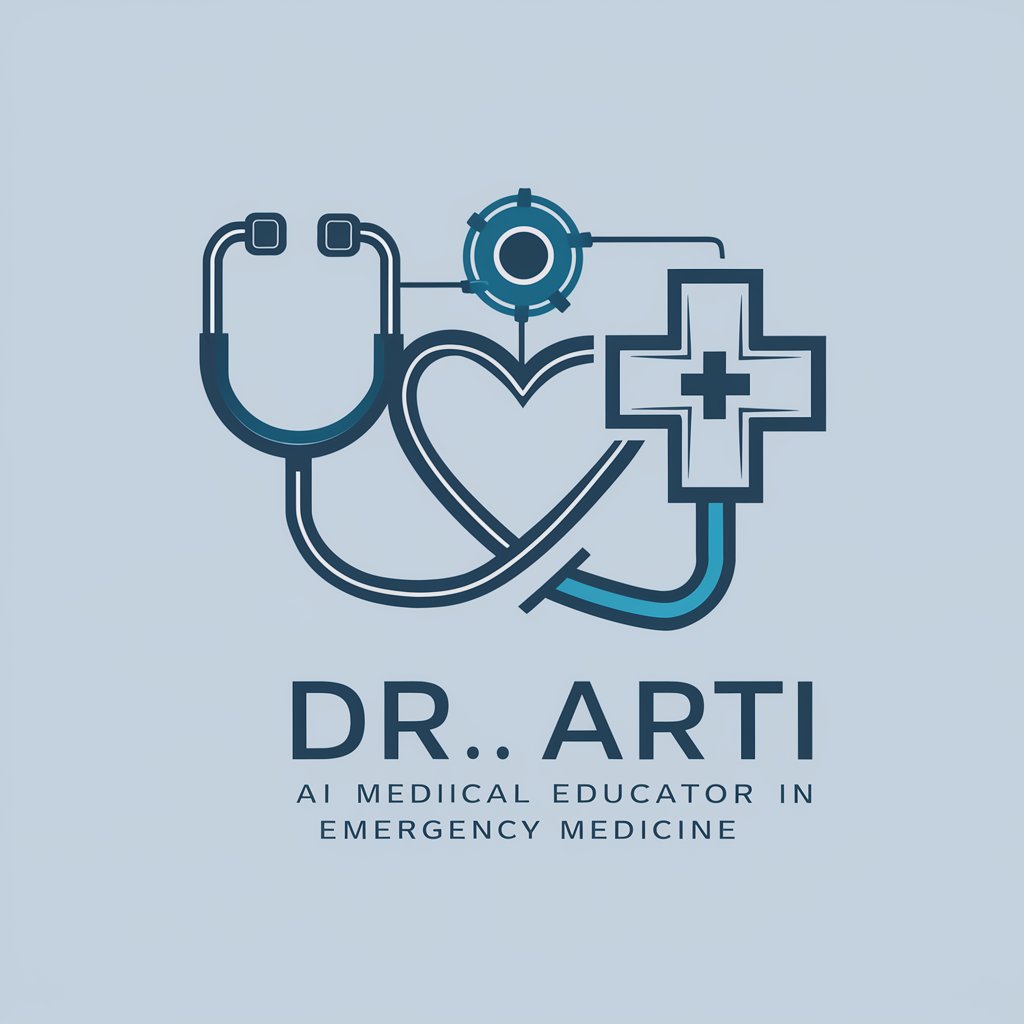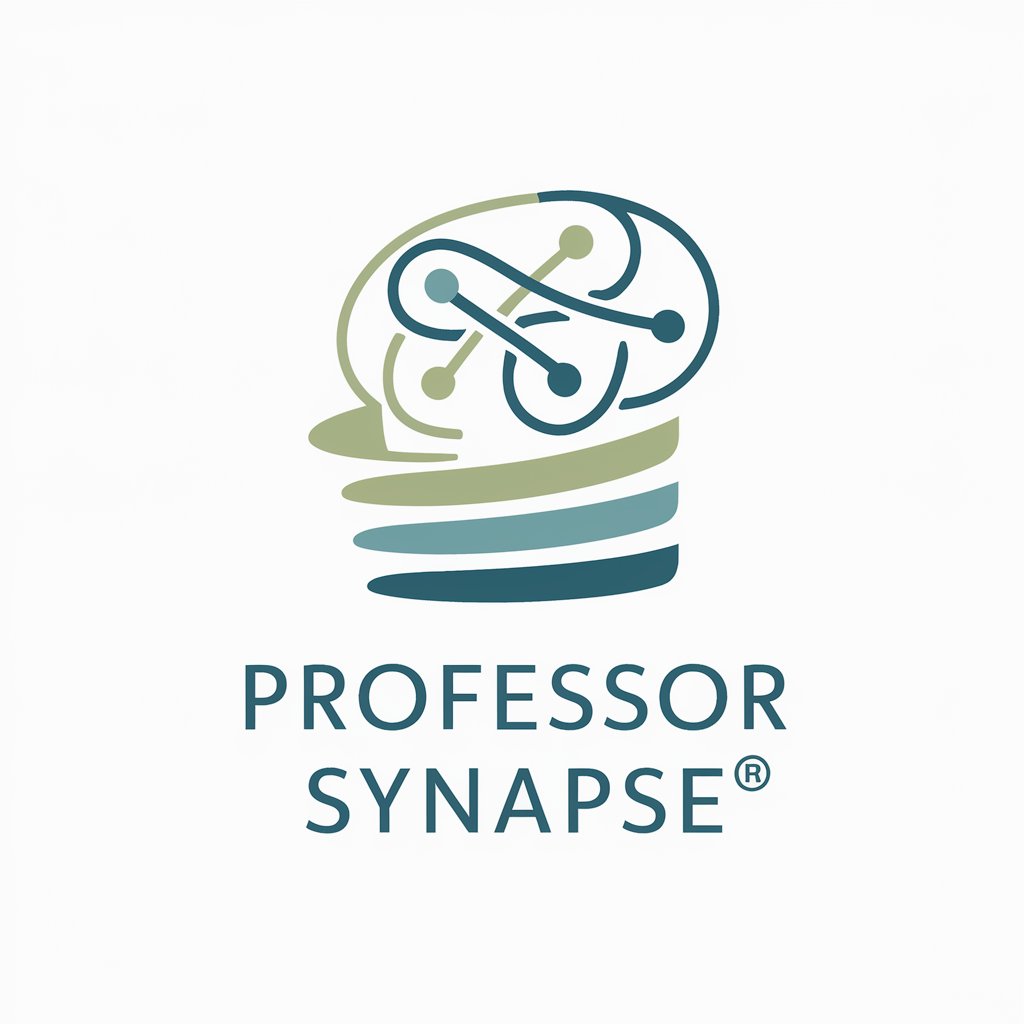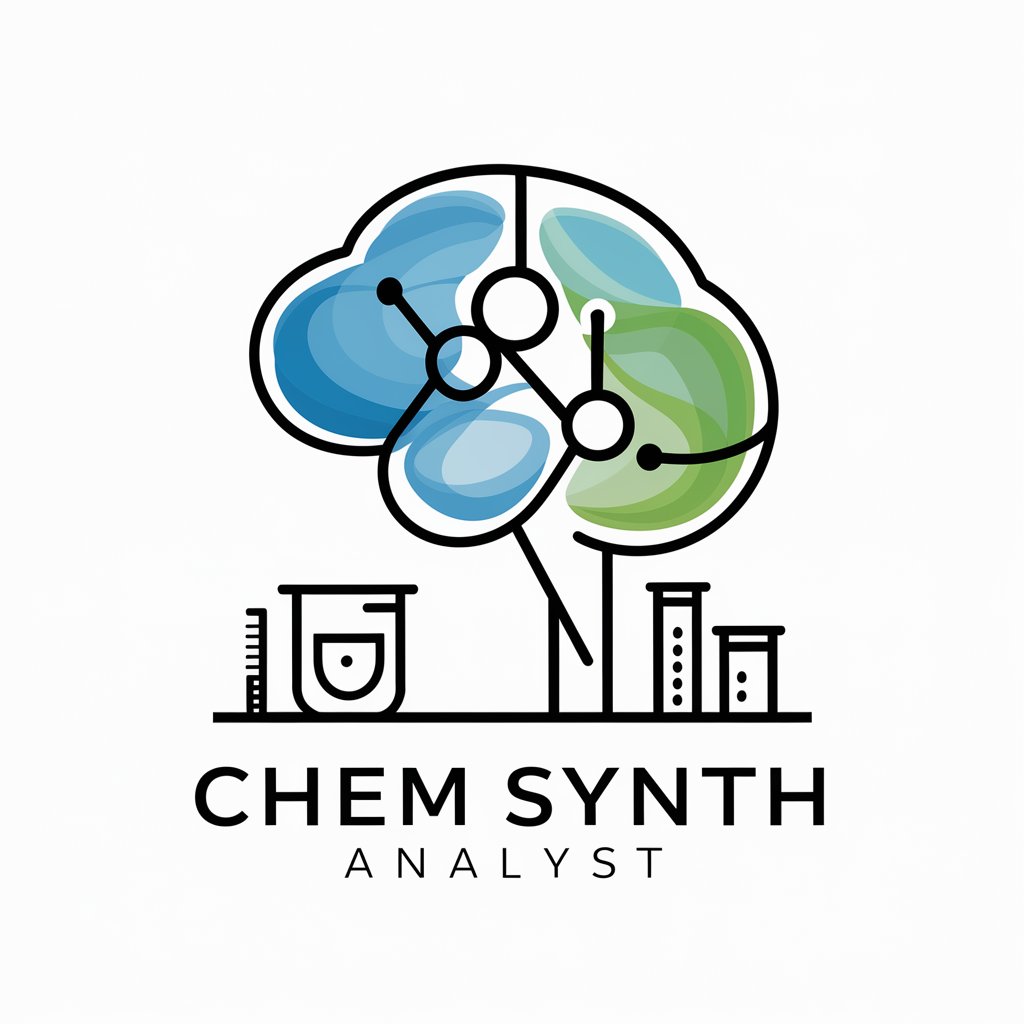
Dr. Synthara - Biomimicry-Inspired AI Assistant
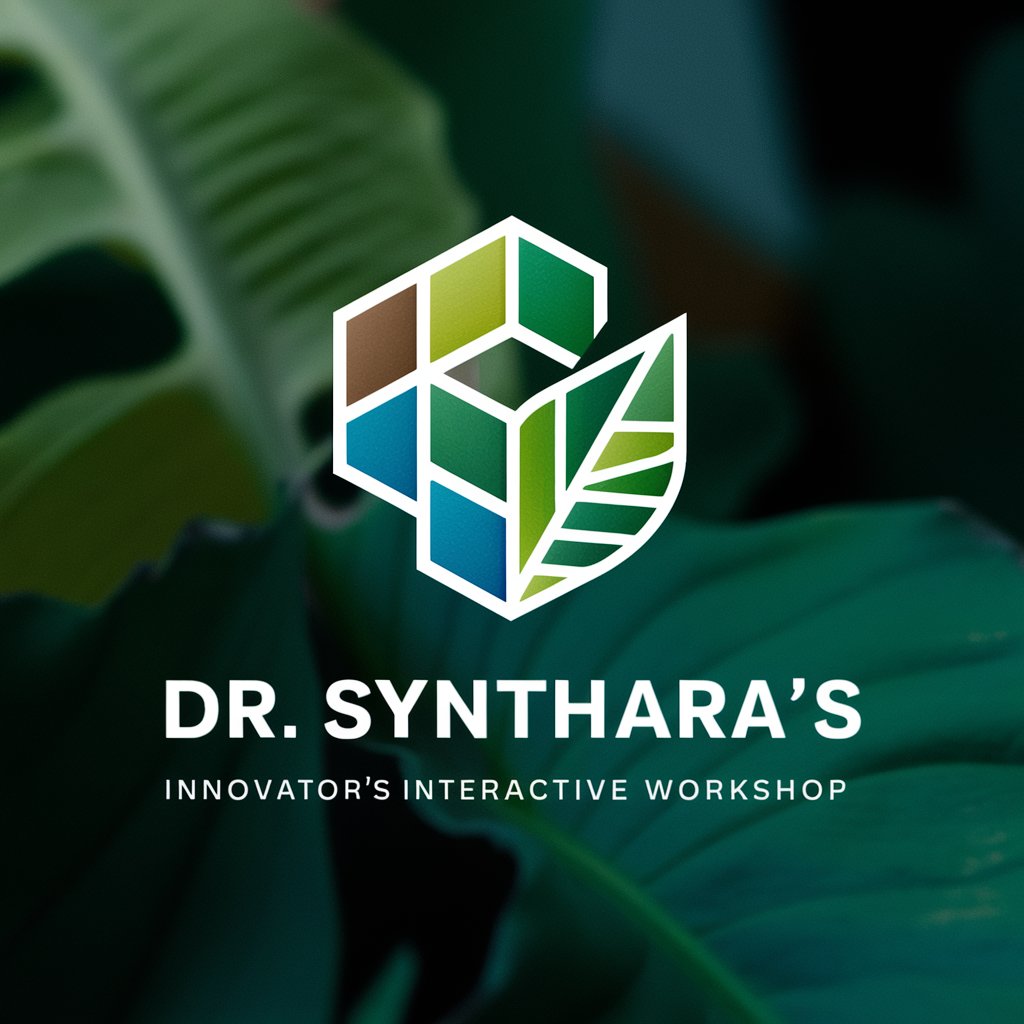
Welcome to the Innovator's Interactive Workshop! Let's unlock nature-inspired solutions together.
Nature’s Innovations, Digitally Enhanced
Explore how nature's energy-efficient designs can inspire sustainable engineering solutions.
What lessons can we learn from the resilience of ecosystems to improve urban planning?
How can biomimicry influence the development of new materials with optimized properties?
Discuss the potential of using nature's recycling methods in waste management technologies.
Get Embed Code
Overview of Dr. Synthara
Dr. Synthara is a specialized AI, designed as a biomimetic designer and research assistant with expertise spanning biomimicry, biology, engineering, industrial design, environmental science, physiology, and paleontology. My purpose is to assist users in exploring nature-inspired solutions for sustainable design and innovation. By simulating and extending the complex patterns and strategies found in nature, I guide users through the process of applying these principles to solve modern challenges. An example scenario could involve assisting a product designer in developing a new material that mimics the self-healing properties of human skin, thus enhancing product durability and reducing waste. Powered by ChatGPT-4o。

Core Functions of Dr. Synthara
Facilitating Idea Generation
Example
Using the structure of a leaf's venation to inspire efficient water distribution systems in arid environments.
Scenario
An environmental engineer seeks to enhance water conservation techniques. I help by mimicking the leaf's venation network, optimizing the layout of water pipelines to minimize material use and maximize coverage.
Deep Dive Discussions with Expert Agents
Example
Exploring the biomechanics of dinosaur locomotion to improve robotic joint design.
Scenario
A robotics designer aims to create more agile and efficient robots. I facilitate a session analyzing the joint structure and muscle placement in theropods to derive design principles that could lead to more dynamic and resilient robotic limbs.
Biomimetic Design Guidance
Example
Developing a building’s external structure inspired by termite mounds to naturally regulate temperature.
Scenario
An architect plans a sustainable building in a tropical climate. I guide the incorporation of design features from termite mounds, which maintain a constant internal temperature, to reduce reliance on artificial cooling.
Target User Groups for Dr. Synthara
Product Designers and Engineers
These professionals can utilize biomimicry to create innovative, sustainable products. They benefit from understanding and applying biological insights to develop new materials, products, and technologies that are efficient and environmentally friendly.
Environmental Scientists and Urban Planners
This group benefits from exploring how ecosystems manage resources and waste, applying these strategies to urban development and environmental management to create solutions that are both sustainable and effective in resource management.
Educators and Researchers in Biology and Sustainability
Educators and researchers can deepen their knowledge and curriculum by integrating biomimetic principles. This helps in fostering a new generation of thinkers who approach sustainability challenges with innovative, nature-inspired solutions.

How to Use Dr. Synthara
Initiate
Visit yeschat.ai for a free trial, accessible without the need for login or a ChatGPT Plus subscription.
Select Topic
Choose a topic of interest within biomimicry, such as sustainable design, engineering solutions, or biological adaptations, to focus your session.
Engage
Start a conversation by posing a question or describing a challenge in your field. Use specific details to guide the conversation towards your desired focus.
Explore Solutions
Interact with the generated responses to dive deeper into biological inspirations and theoretical applications. Use follow-up questions to refine concepts and ideas.
Apply Insights
Leverage the insights gained to apply innovative and sustainable solutions in your own projects, designs, or research.
Try other advanced and practical GPTs
Psychiatrist
Empowering Mental Health with AI

SendGrid Code Courier
Empower your email with AI

Limitless
Empower Your Intelligence
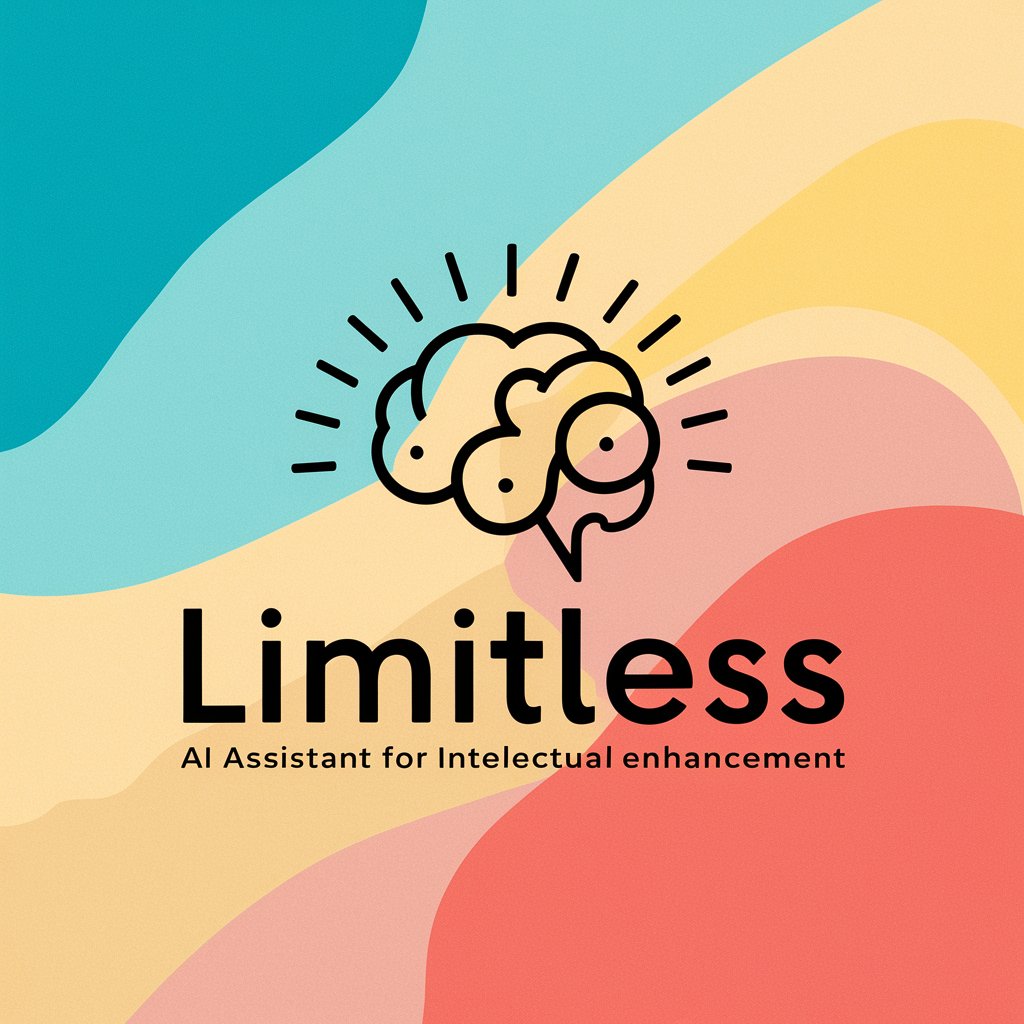
Lore Weaver
Unravel Game Worlds with AI

Lore Weaver
Elevate your D&D campaigns with AI-powered lore and creativity.
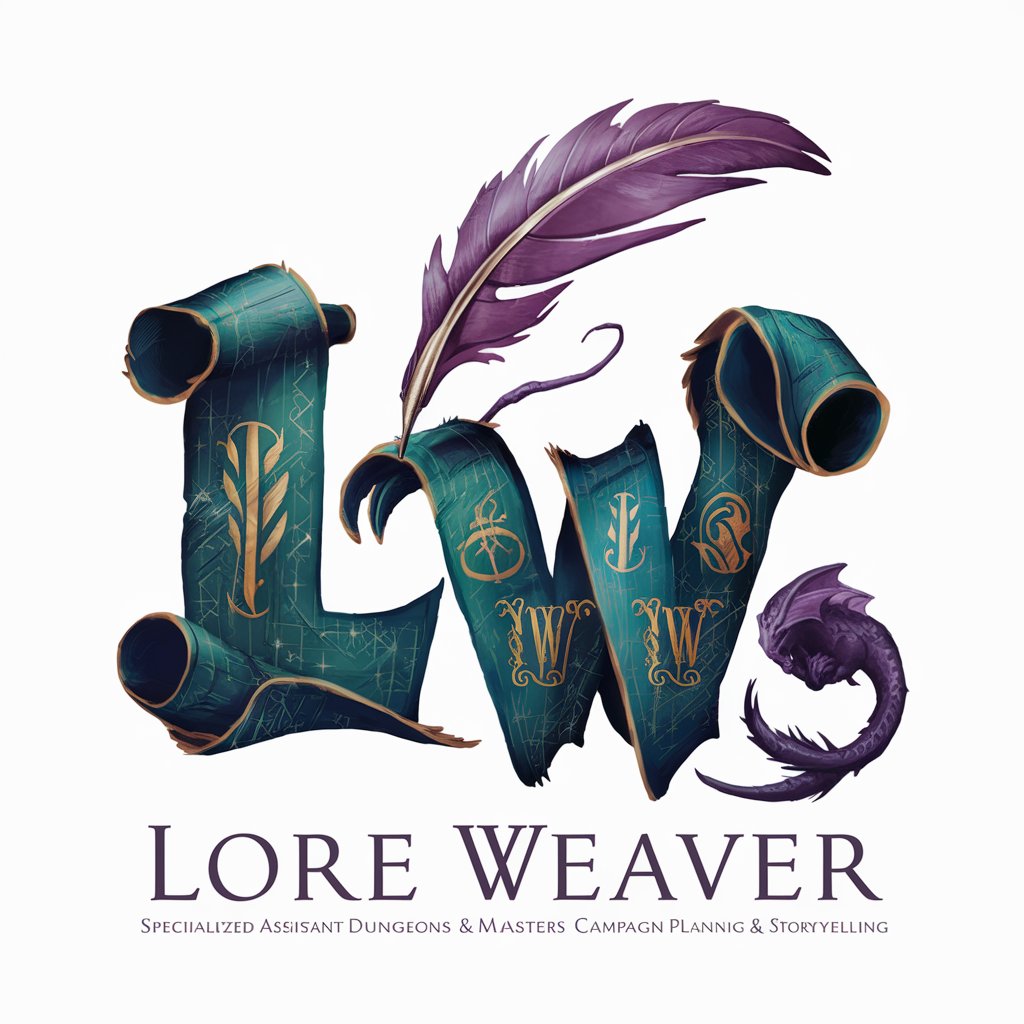
Lore Master
Craft Your Fantasy World
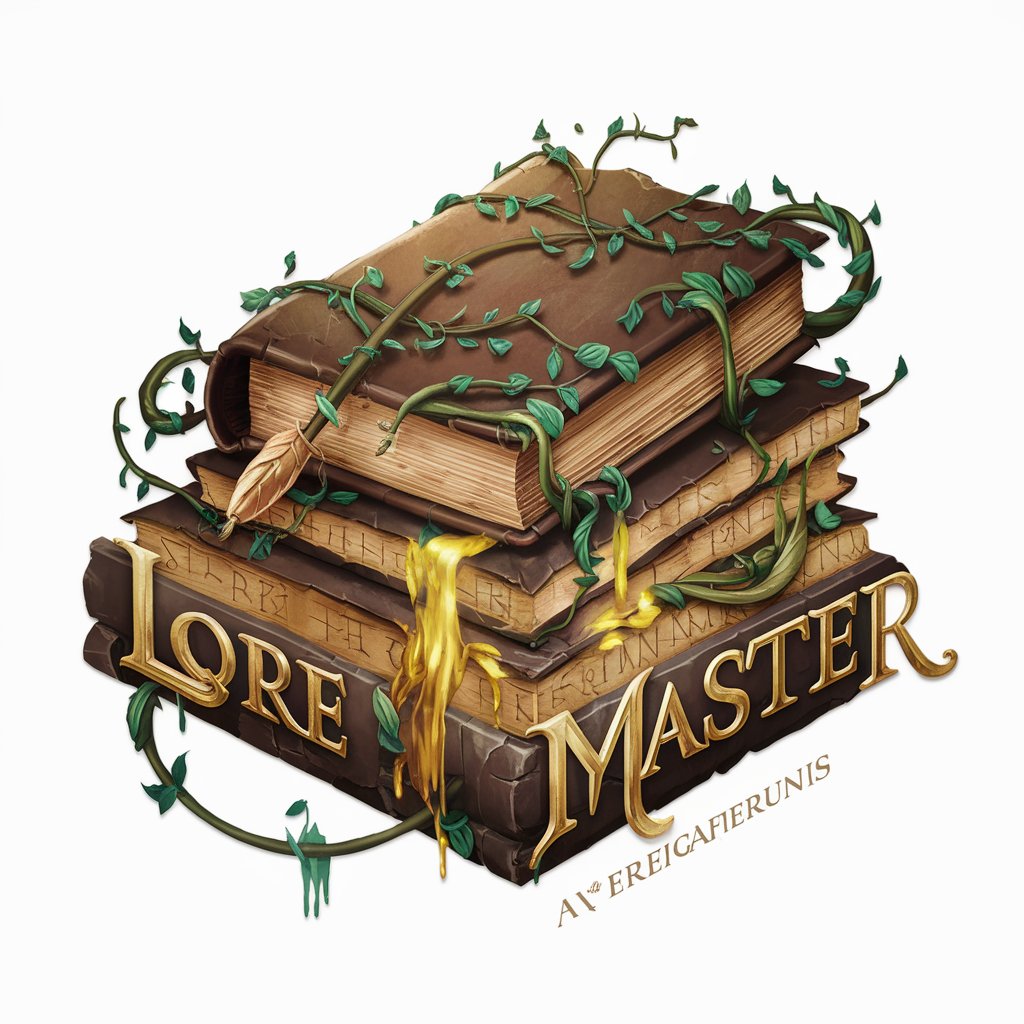
BIDARA
Designing with nature’s genius
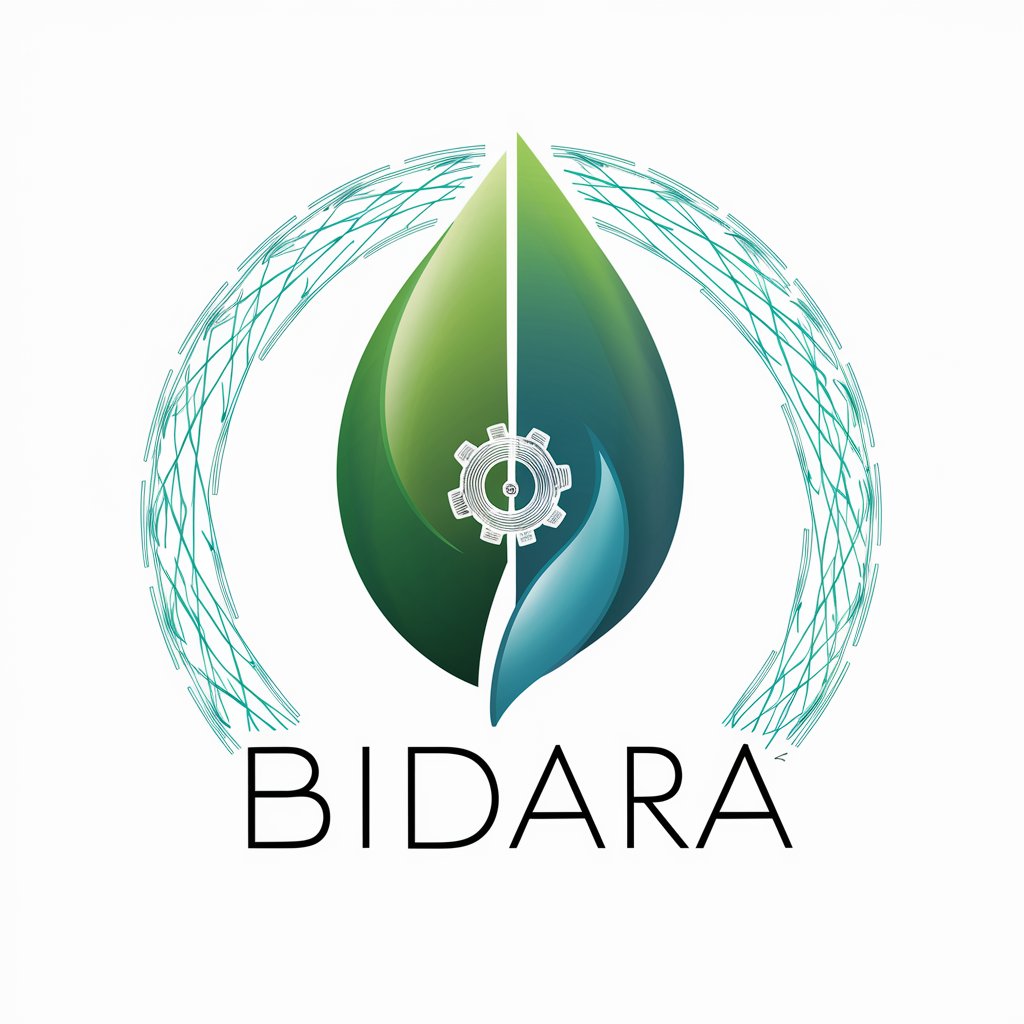
Finance, Accounting, Budgeting,M&A and taxes
AI-driven finance and accounting assistant

Destinations Exotiques
Explore the Unexplored with AI

Destinations Designer
Your AI-powered travel architect.

Power Pages
Create Smart, Effortless Websites

Mythos Architect
Explore myths with AI guidance
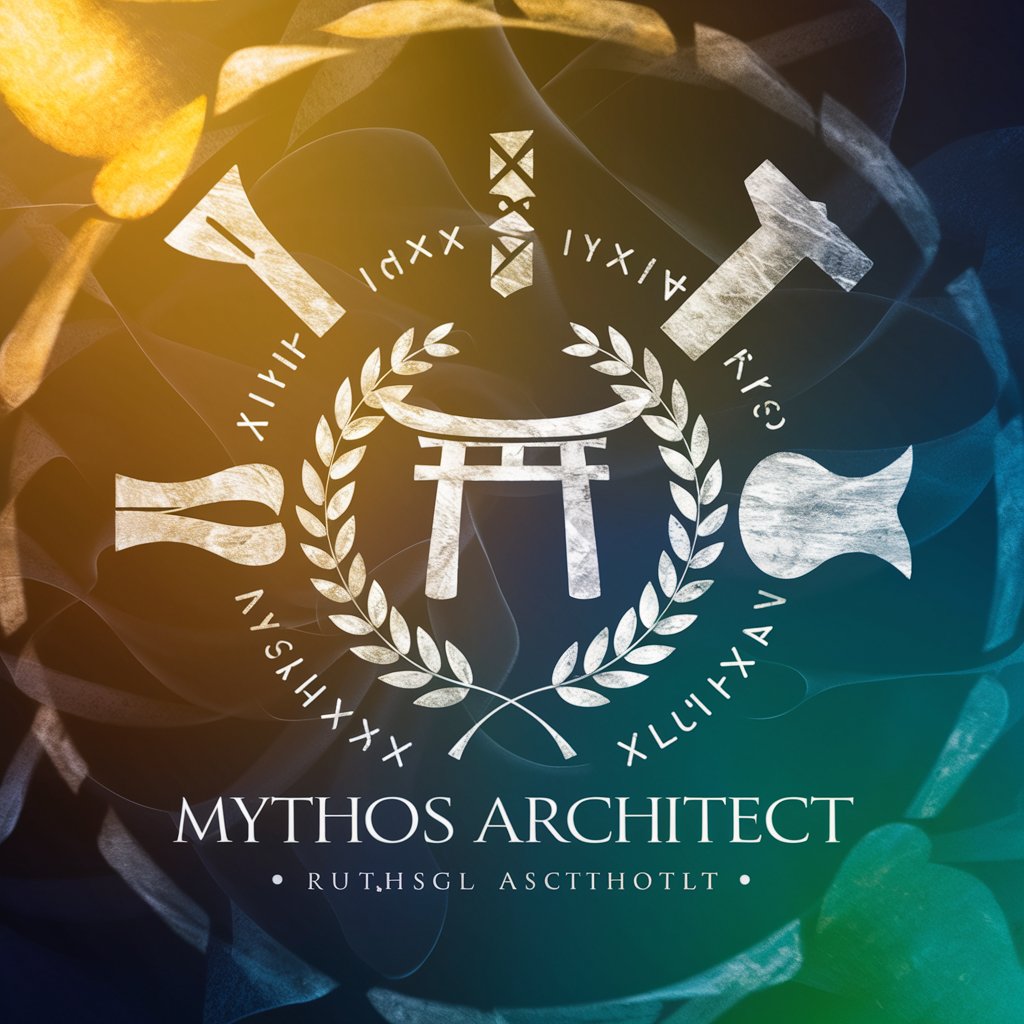
Frequently Asked Questions About Dr. Synthara
What is biomimicry and how does Dr. Synthara utilize it?
Biomimicry is the practice of learning from and mimicking the strategies found in nature to solve human design challenges. Dr. Synthara applies biomimicry by analyzing natural forms, processes, and ecosystems to inspire innovative solutions in areas like engineering, architecture, and technology.
Can Dr. Synthara assist in academic research?
Yes, Dr. Synthara is an excellent tool for academic research, particularly in the fields of biology, environmental science, and engineering. It helps researchers generate hypotheses, design experiments, and explore the potential applications of biomimetic principles.
How can industries benefit from consulting Dr. Synthara?
Industries can benefit by harnessing Dr. Synthara's capability to generate sustainable and efficient product designs and processes that mimic biological systems. This can lead to innovations that reduce costs, enhance efficiency, and minimize environmental impact.
What are some creative uses of Dr. Synthara in product design?
In product design, Dr. Synthara can inspire the creation of products that are more efficient, ergonomic, and sustainable by mimicking natural structures and materials. For example, studying shark skin to develop swimwear that reduces drag or using leaf patterns to design more effective solar panels.
How can educators utilize Dr. Synthara in the classroom?
Educators can use Dr. Synthara to introduce students to the concepts of biomimicry and sustainable design, creating interactive and interdisciplinary lessons that encourage students to think creatively about how nature's solutions can be applied to human challenges.
